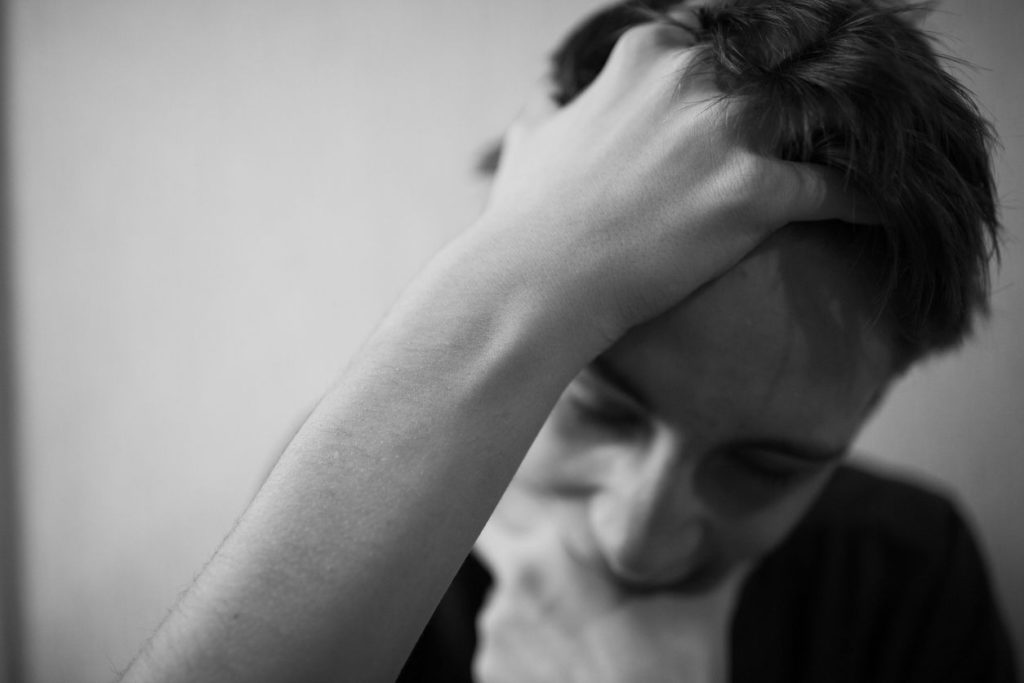How to heal and recover from an emotional shock?
Caution : You must consult your doctor for your health. This page presents only a personal and alternative point of view which should not be considered as an attempt to prescribe medicine.
Emotional shock can have serious consequences, and it can sometimes be difficult to overcome it.
However, this is necessary to successfully move forward in life.
How to heal and recover from an emotional shock? The solution.

How to recover from emotional shock?
The emotional shock is a defense reaction of the organism following the occurrence of a traumatic event, of a very strong emotion. It can occur in both a direct victim and a witness.
Faced with the same situation, not all people react in the same way.
The emotional shock is linked to a personal interpretation of events.
Strong emotions are difficult to manage, stress overwhelms and various and disproportionate reactions can appear, such as denial, flight, nervous breakdown or even tetany for example.
It is urgent not to be completely overwhelmed and to regain control as quickly as possible.
How to overcome a psychological nervous shock?
The emotional shock is a real upheaval, which manifests itself at the mental and / or bodily level.
It is important not to isolate yourself when you are in shock.
The risk of withdrawal is real, and the negative emotions that flock can sometimes be dangerous.
Following an emotional shock, the body tenses up, tenses up.
Finding ways to clear your mind and relax, emotionally and physically, is also a success factor in overcoming an emotional shock.
Using breathing is the easiest and fastest way to get better.
Recovering from emotional trauma by breathing properly
Breathing will of course not erase the triggering event of emotional shock, which is now an integral part of life and must be accepted.
However, it acts both on the psyche and on the body, for a well-being in the short, medium and long term.
Indeed, as soon as it occurs, controlled breathing can limit the effects of tachycardia and tetany which can occur following emotional shock. It helps to relax the muscles to erase tingling, cramps ...
Controlling your breathing allows you to oxygenate the body, which remains energetic and finds the resources to better fight against dark thoughts and negative emotions.
In the long term, controlling the breath prevents a possible relapse.
However, to provide these benefits, breathing must be controlled.
The rhythm of the breath should be normalized, the diaphragm released and relaxed.
But the emotional shock impacts the diaphragm which tightens and blocks.
It is therefore necessary to start work to regulate the breathing which has been unbalanced.
The support of a specialist is necessary to find the right rhythm.
This helpful guidance can be found in the free online full video workshop of Loris Vitry, Breathing Coach, Yoga Therapist, and Intermittent Breathing Designer.
His video workshop allows us to better understand the role of breathing in well-being and the impact that its rhythm can have, both on the body and on the mental level.
Loris Vitry supports his point by showing the main errors that have a negative impact on the breath, and shows us how to quickly rectify his breathing rate by simple measures.
❤ The ultimate guide to breathing
Intermittent Breathing : Discover the method to quickly relieve your anxiety and chronic fatigue (positive effects from the first use).Read also :
Previous article : How to calm your mind to find the serenity ?
Next article : How to slow down your metabolism (hyperthyroidism) ?

